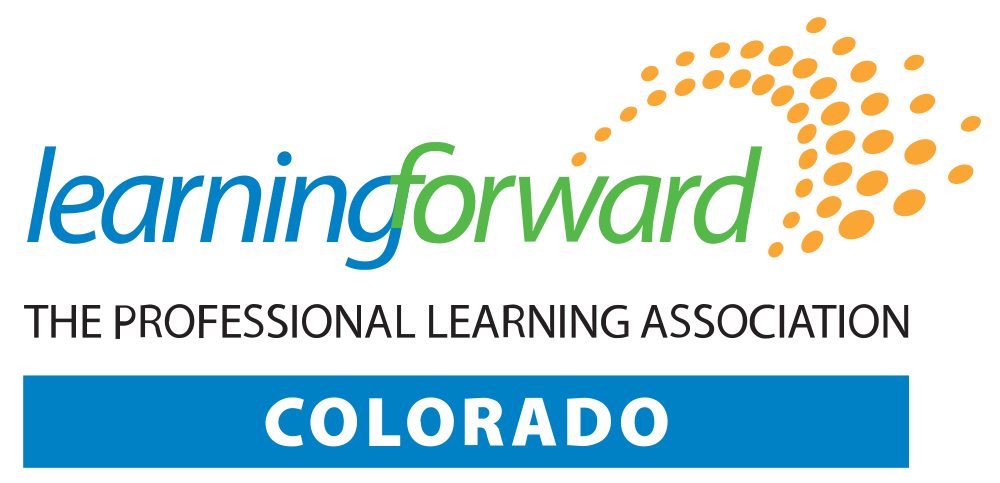Allyson Breyfogle worked as an elementary teacher, instructional coach, and
professional learning trainer. What follows is an excerpt from an article
Allyson wrote about her thought-provoking educational experience in India.
We invite you to read and reflect . . .
Reflections on My Fulbright Experience to India
Three Years Later
by Allyson Sudborough Breyfogle
After the Distinguished Fulbright Awards in Teaching Program alumni conference this past weekend, I am thinking anew about education and what it means to be globally competent-as an adult and as a student. Last week Dr. Boix-Mansilla presented us with the following definition: Global competence is the capacity and disposition to understand and act on issues of global significance. Given are four categories: Investigate the World, Recognize Perspectives, Take Action, Communicate Ideas. Each quadrant represents layers of subtlety in our understanding and our interaction with ideas, people, and situations that matter globally.
Investigate the World and Recognize Perspectives
This quadrant prompted me to reflect back to the 6 months I spent in India three years ago. The intense experience of being in a country such as India–alone, learning to develop professional relationships while also learning to negotiate rickshaw rides and purchases for basic necessities (i.e. food)–was probably one of the most life changing experiences. Three years later I am still digesting what I saw, what I learned, how I understand education in what, for me, gained new perspective: I no longer see what we do at home as either the norm (the way we should all do it) or as an isolated event (unique to us) but rather as one more way to respond to educational needs-some of which is very good, some of which is not. We should be asking ourselves what can we educators learn from elsewhere? How does our work fit within a larger international context? To what extent do we take into account that many of our students will interact, communicate, collaborate with students from a multiplicity of countries and cultures and, knowing this, are we educating our students well?
I was asked recently what “best practices” I learned in India that I have brought back home. There is an implicit assumption that I would have observed pedagogy that I would want to replicate here-something nice and neat, well contained. I think I would have preferred the question, “How have my views changed about education?” because what I brought back was really a synthesis of experiences gathered inside and out of the school system. I traveled to the northern part of India and to the far southern state of Kerala. I visited government schools, private schools, and alternative schools. I watched dance performances, listened to music, attended drama competitions (spoken in Kanada), and visited people from all walks of life. Every day was a lesson on how to think, interpret, manage, and–most importantly–how to see differently.
As a result of my work in India, the way I think about cultural identity is closely tied to how I think about learning and about teaching. If we think of teachers as cultural leaders-those who are models of how we learn, think, wonder about, what we interest ourselves in-then we need to wonder who ARE we? What are the values we rehearse in our schools or places of learning that we want to live by in our society? What are, besides basic skills, the intellectual habits and attitudes we want students as well as young and mature adults to engage in? As a society, how do we want to be influenced and where do we want to find our inspiration? Ultimately, what do we want to become?
I found a lot of inspiration in India, and I wish the country would ask itself similar questions including, How to be competitive without becoming western? I found many schools and teachers and students to be adopting and emulating western values, often by great approximation, because of status or perceived quality or competition with relatively little conscious regard to their own traditions. How amazing it would be for India to succeed in the world as a country of influence because it developed and nurtured the very best of its traditions and cultural identity? And how wonderful it would be if we (in the United States) could look beyond our immediate rush to school reform and definitions of success to learn from places from which we least expect to learn.
In a country as eclectic as India where schools are opening in many different contexts and places, where cultural identities and languages are not necessarily unifying, I was impressed with the national Aims of Education. Included below is the 2005 version. Although they may have been updated, I still think these are really good for their simplicity and broad vision.
2005 Curriculum Framework-Aims of Education
- Independence of thought and action
- Sensitivity to other’s well being and feelings
- Learning to respond to new situations in a flexible manner
- Predisposition towards participation in the democratic process
- The ability to work towards and contribute to economic process and social change
I came home inspired to engage adults and students in the process of reading a variety of texts to enter into richer conversations about timeless topics-this as a means of arriving at deeper levels of understanding about our values and more broadly, about how we understand what it means to be human. This approach isn’t new. The Aspen Institute uses it on a very sophisticated level with high-level executives.
But when are teachers and children asked to engage together to examine how they understand the world around them, how they understand themselves and their role in a local and global context? How would the classroom experience shift if the teacher was clear on the significance of the content and pedagogical approaches adopted in the classroom for reasons that reached beyond administrative expectations and regulations-but rather for reasons embedded in a genuine appreciation of the world our students are likely to inhabit?
